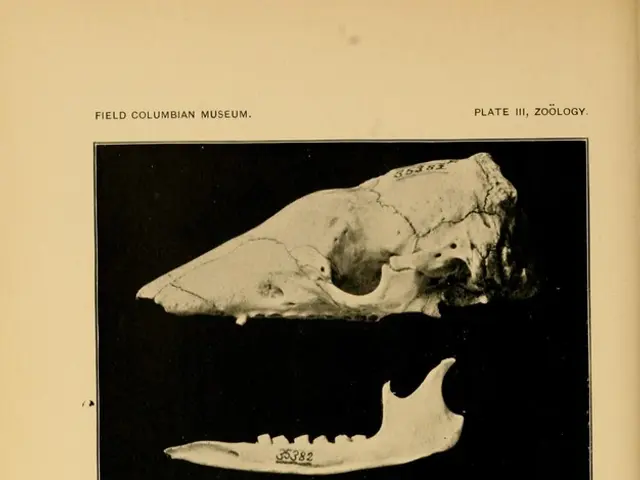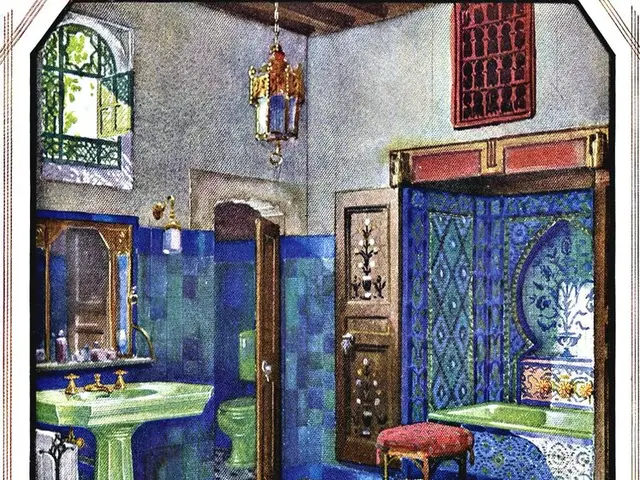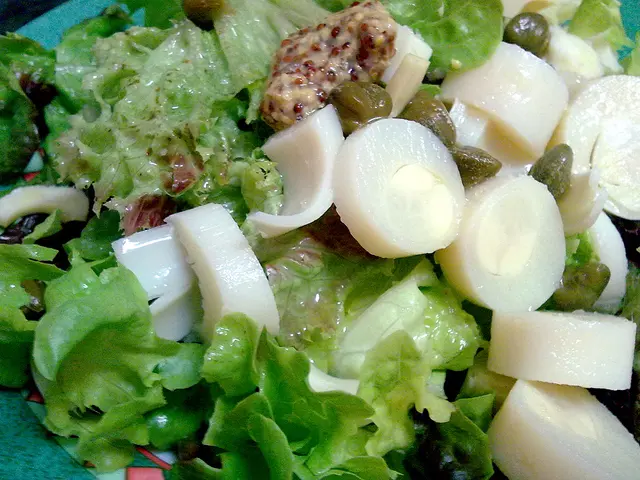Preparations underway for Kazakhstan's National Day celebration.
Nauryz Week, an indigenous festival of the Great Steppe, is set to commence in Kazakhstan on March 14, 2023. This nationwide celebration, marking the beginning of spring and the new year on the solar calendar, is a vibrant display of Kazakh cultural heritage, community solidarity, and the natural cycle of renewal.
The festival, which lasts at least eight days, is a significant element of Kazakhstan's external positioning, with potential to become a key tourist brand for the country. Nauryz, or Nowruz, is celebrated internationally in Central Asia, the Middle East, the Caucasus, and the Balkans, but Nauryz Week is unique to Kazakhstan.
The new festival logo for Nauryz Week features three tulips, symbolizing the past, present, and future of Kazakhstan. This logo reflects the evolution of traditional customs, where holidays were always multifaceted and multi-day events. In 2024, over 800 events of various formats were organized nationwide during Nauryz Week.
Nauryz Week is filled with profound meaning, as each day is dedicated to a separate aspect of society, promoting renewal in personal relationships and societal values. The thematic days of Nauryz Week (Körіsu - Amal Mереkesi, Qaiyrymdylyk, Madenіket jane Ulttyq Saltyr, Shanyraq, Ulttyq Kііm, Janaaru, Ulttyq Sport, Intymak, Jyl Basi, Tazaru) emphasize various aspects of Kazakh culture and values.
The celebration involves family gatherings and community rituals, emphasizing the importance of social bonds and shared cultural heritage. Nauryz symbolizes the end of winter and the beginning of a new cycle of life, aligning with the themes of renewal and rebirth present in nature.
The inclusion of Kaiyrymdylyk Kuni, observed on March 15, highlights values of kindness and generosity, which are integral to Kazakh social norms. Historically, Nauryz Week is a cultural heritage of the Kazakh people, dating back thousands of years.
Nauryz Week is not an artificial innovation, but an evolution of traditional customs. It is a celebration that reflects several key aspects of Kazakh culture and values: renewal and harmony with nature, community and family, respect for tradition, and charity and mercy.
From the "Qamajai" flash mob in Astana to the "Ulttyq Kііm - Ulttyq Beinesi" national costume parade in Atyrau, regional events during Nauryz Week offer a unique insight into Kazakh culture. The "Kimesekter Sherui" procession in Kokchetav and the "Nauryz-Arbat" project in Akmola region are other highlights of this vibrant festival.
In conclusion, Nauryz Week in Kazakhstan is a testament to the rich cultural heritage and enduring values of Kazakh society. It is a celebration that promotes unity, renewal, and a shared cultural identity, making it a significant event not only for Kazakhs but for anyone interested in understanding the heart of Central Asian culture.
[1] Regional events, traditions, and rituals associated with Nauryz Week can be found in various sources, including academic papers by Abai and Mashhur Zhusip Kopeiev. [2] The exact date when the new format for celebrating Nauryz Week was introduced in 2024 under the initiative of Kassym-Jomart Tokayev could not be found in the provided bullet points. The search results do not specifically mention a new format introduced in 2024 for Nauryz celebrations in Kazakhstan, but it is known that part of the broader celebrations includes observing Kaiyrymdylyk Kuni (Day of Charity and Mercy) on March 15. This day is part of the broader cultural and charitable activities surrounding Nauryz, reflecting values of kindness and community support.
The festival of Nauryz Week, which showcases Kazakhstan's rich culture and values, extends to home-and-garden events, as regional celebrations offer unique insights into the country's lifestyle. For instance, the "Ulttyq Kііm - Ulttyq Beinesi" national costume parade in Atyrau and the "Nauryz-Arbat" project in Akmola region are a significant part of the home-and-garden sector during Nauryz Week.
The festivities of Nauryz Week, steeped in heritage and tradition, are not only a reflection of Kazakh culture but also an embodiment of the spirit of home-and-garden, as family gatherings and community rituals are at the heart of the celebrations, symbolizing the fusion of lifestyle and culture.




